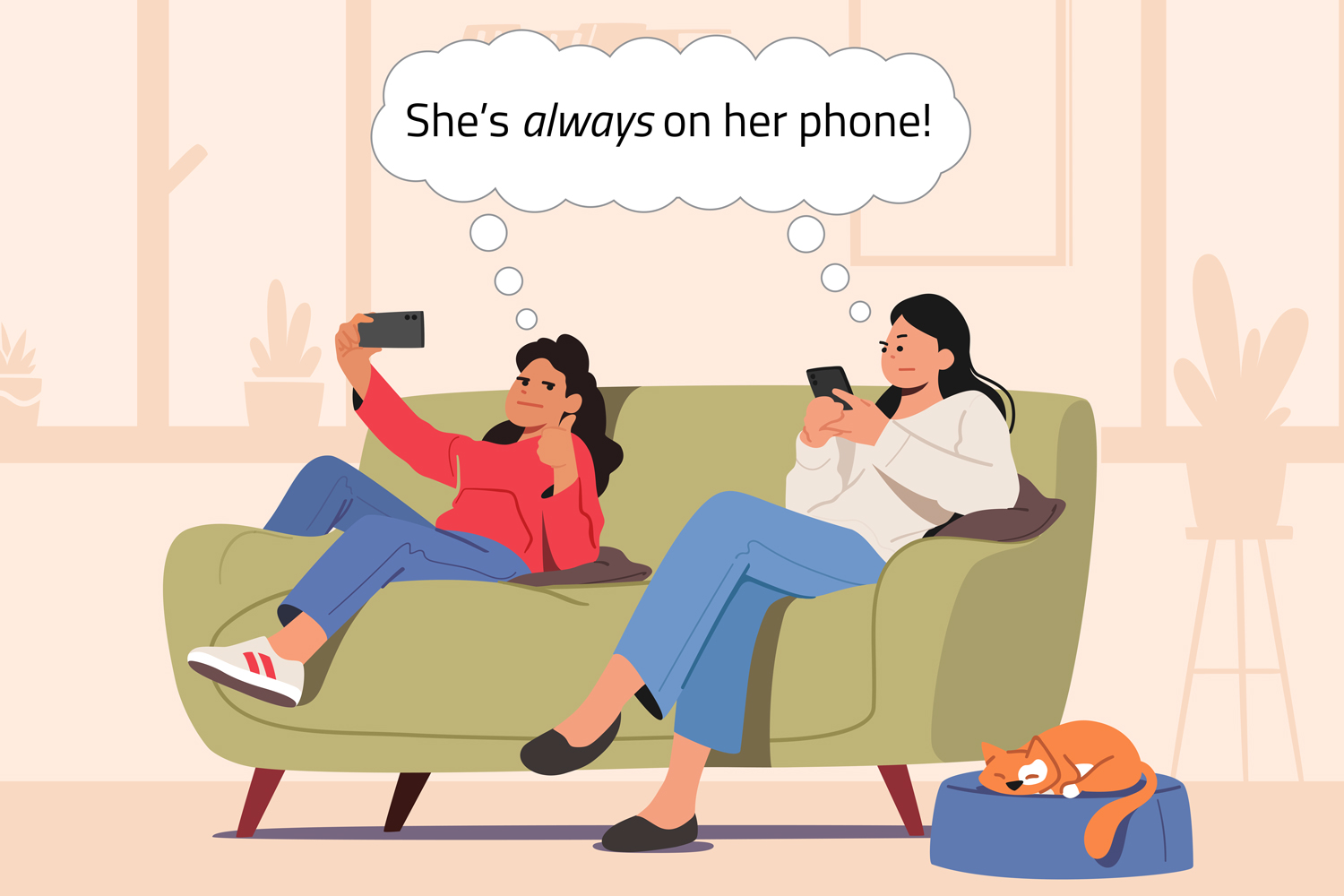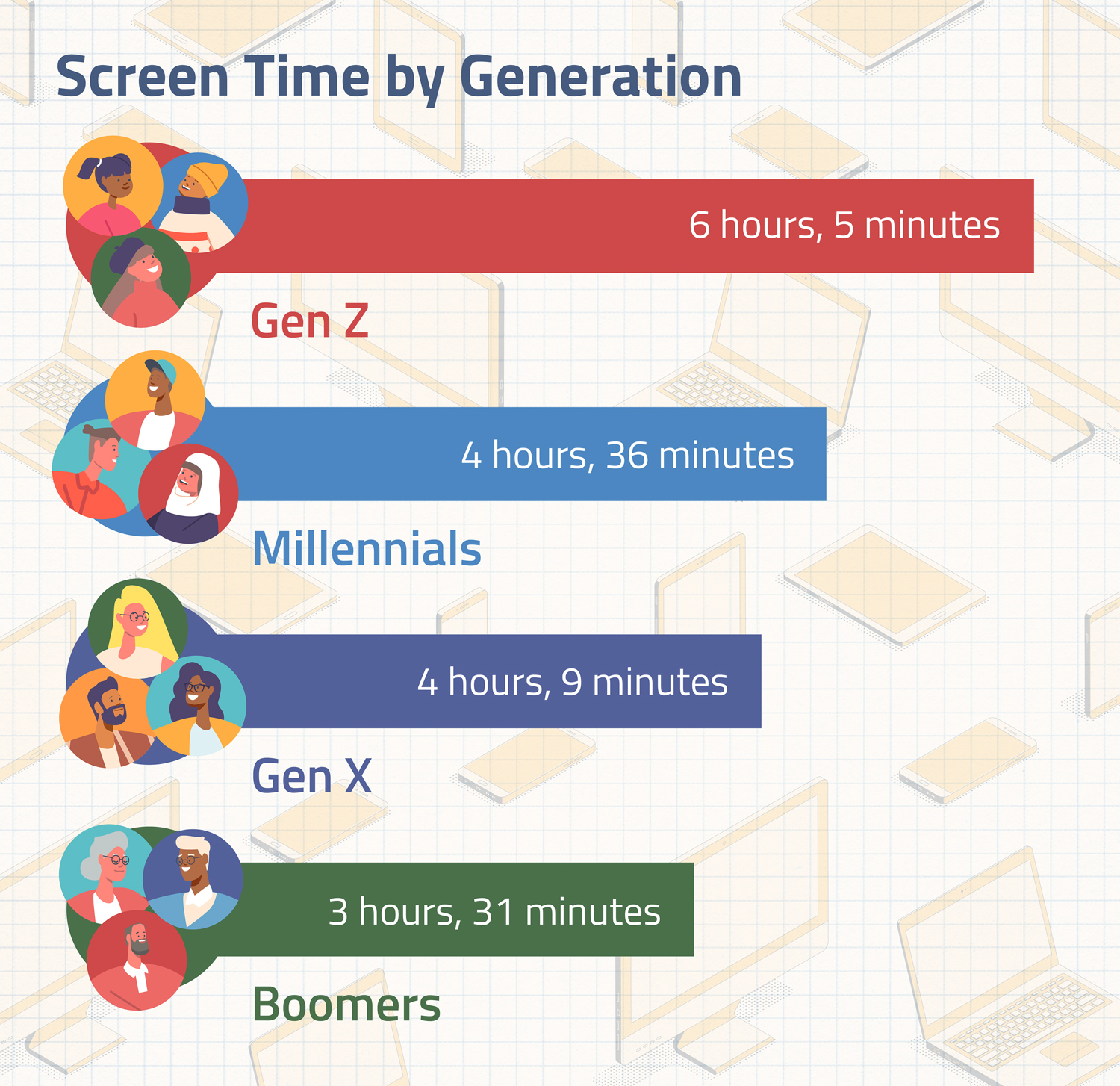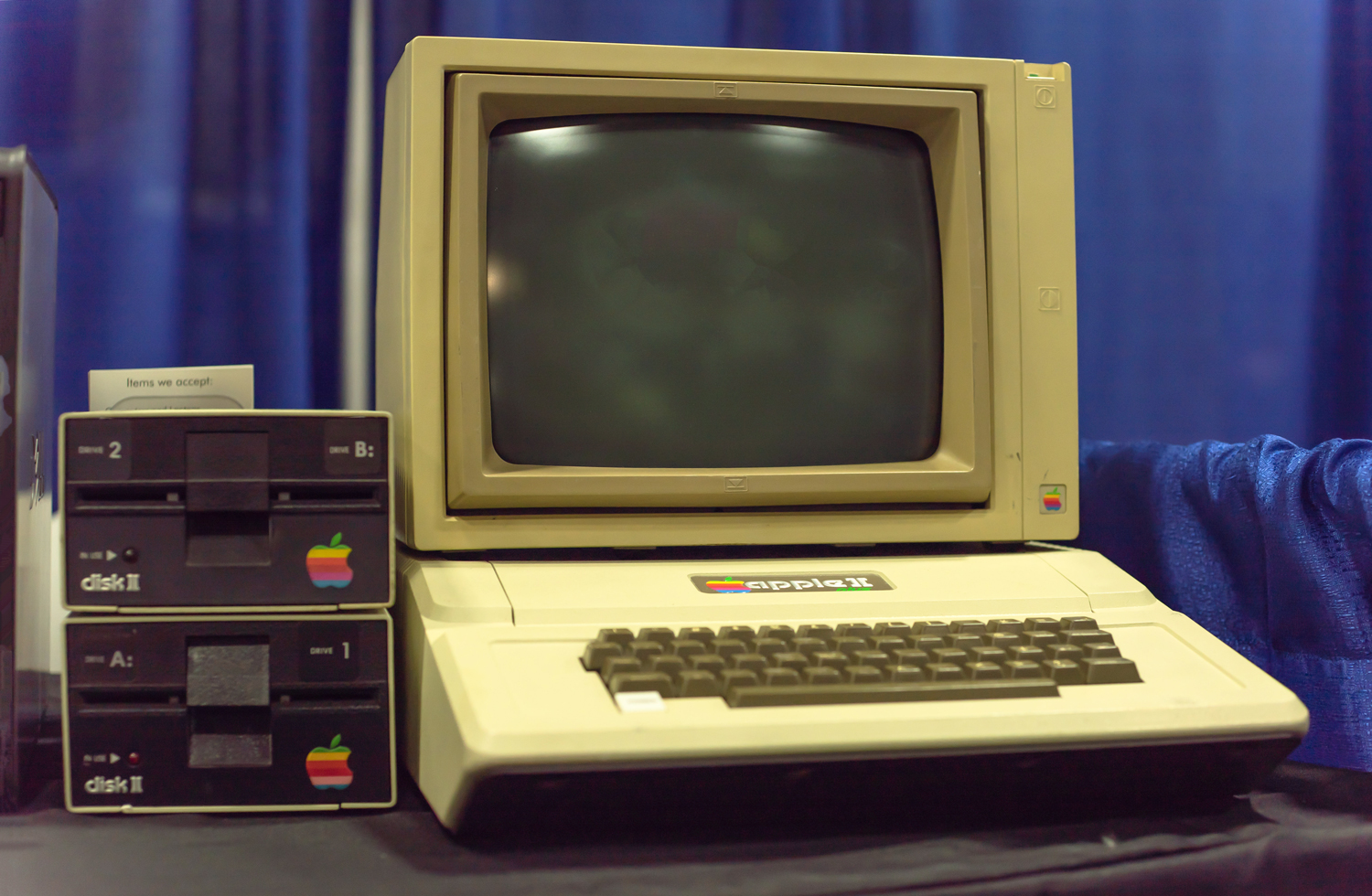Teens Value Time Without Phones

Parents often worry that kids and teens focus too much on their phones. But in a recent survey, many teens said they value time away from their devices.
Conducted in late 2023, the Pew Research Center survey gathered data from 1,453 U.S. teens aged 13 to 17, along with one parent or guardian per teen. Pew’s website says the survey aimed to get a sense of a generation in which teens are constantly online by seeking an answer to the question, “How are young people navigating this ‘always on’ environment?” Pew also wanted answers from parents, who are often concerned that spending too much time online might be harmful to kids.
Teen survey participants said they value their phones for many reasons. Sixty-nine percent of teens said their phones make it easier for them to pursue hobbies and interests, while 30 percent said the devices help them improve their social skills.
But the participants value time away from devices as well. Seventy-two percent of them said they often or sometimes feel peaceful without their phones, 44 percent said they sometimes feel anxious without them. Only 38 percent of the teens believe they spend too much time on their phones, while a little more than half said they think they strike a good balance between time spent on and away from their phones.
Meanwhile, some parents are keeping a close eye on their teens’ phone use, though this is mostly true for parents of younger teens. Almost 64 percent of parents of teens aged 13 to 14 look through their teens’ phones, while 41 percent of parents of teens aged 15 to 17 do so. Just under half the parents in the survey said they limit the amount of time their teens can be on their phones.
Interestingly, parents and teens have different views of adult phone use. Thirty-one percent of parents said they often or sometimes get distracted by their phones while talking to their teens. But when teens were asked if their parents get distracted by their phones, 46 percent said yes.



